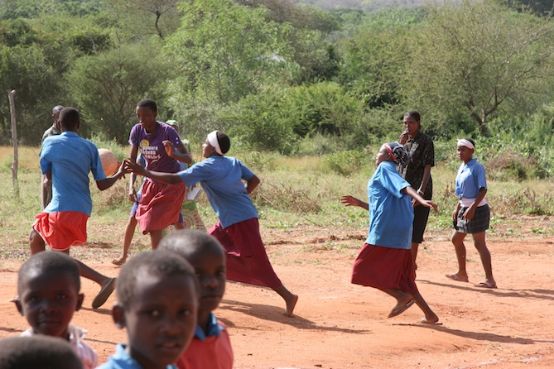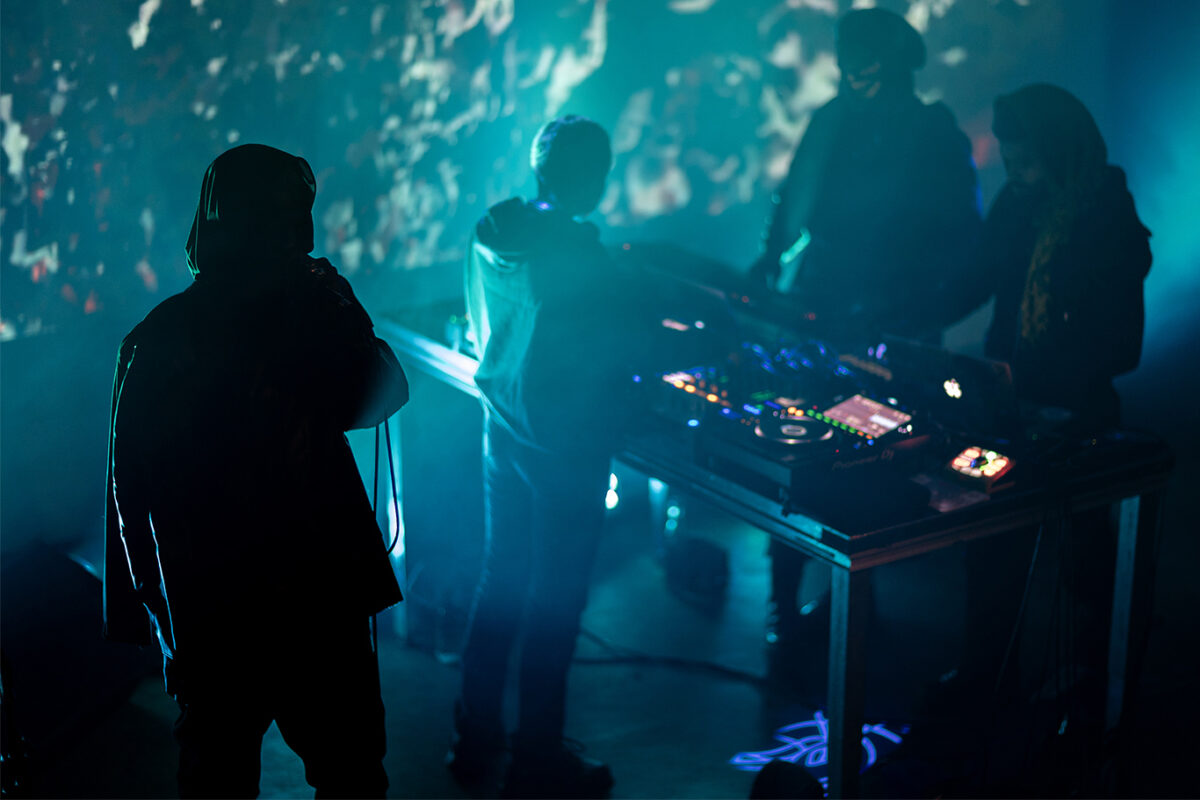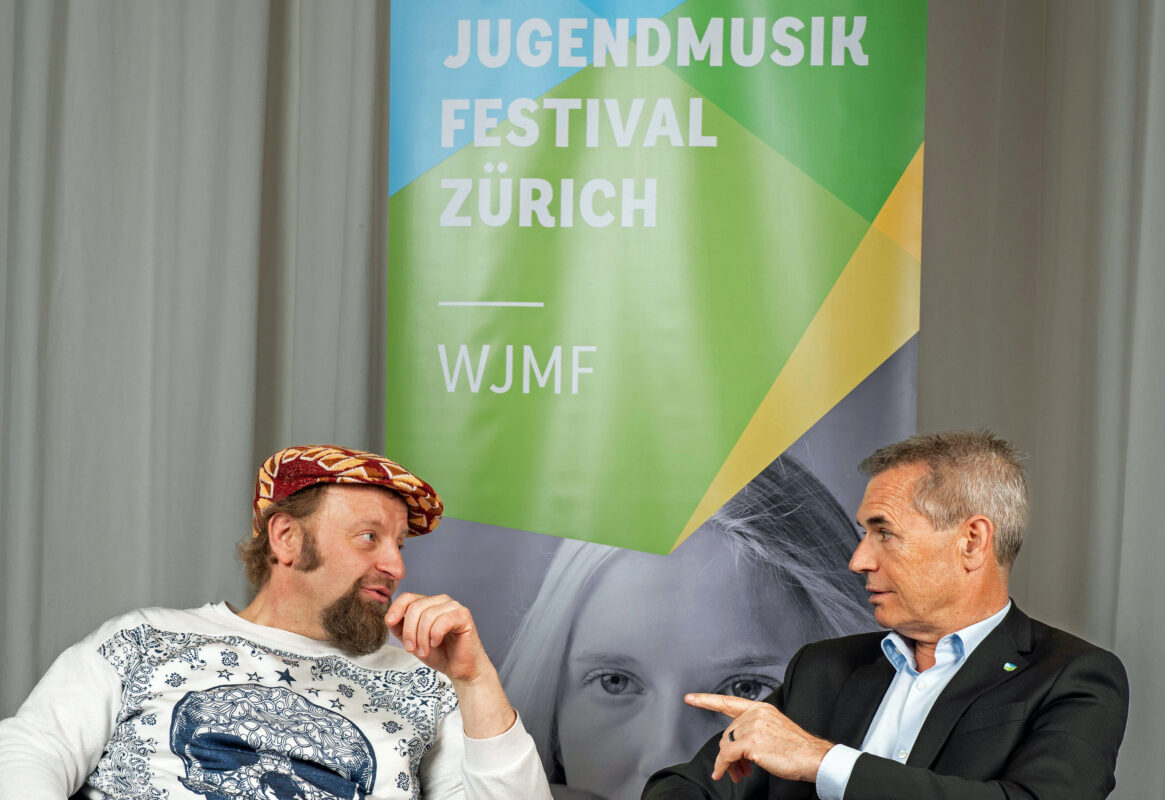Collective structures promote healthy movement
Marie-Christine Ghanbari, a sports psychologist from Münster, has analyzed physical and sporting activity among dozens of children and young people in Germany and Nigeria and found that the more collective action and movement-based behavior of Africa's youth leads to greater satisfaction and greater physical fitness.

According to Marie-Christine Ghanbari, the dance and gossip games that are widespread in Nigeria are self-organized physical and sporting activities in which cooperative action is often more important than in the case of their German counterparts. Although local team sports also involve cooperative action, they are still geared towards winning.
The cooperative impulse of African collective games leads to a better development of the self-concept. According to the head of the study, self-concept encompasses perception and knowledge about oneself. This includes knowledge of individual characteristics, abilities, feelings and preferences.
For the award-winning study, the behavior of an average of around 300 children in Nigeria was compared with that of around 300 in Germany, specifically in the rural Münsterland region, at three different points in time.
Link to the study:
miami.uni-muenster.de/Record/d457bd6f-ed55-400a-9115-e6357c8541f4








